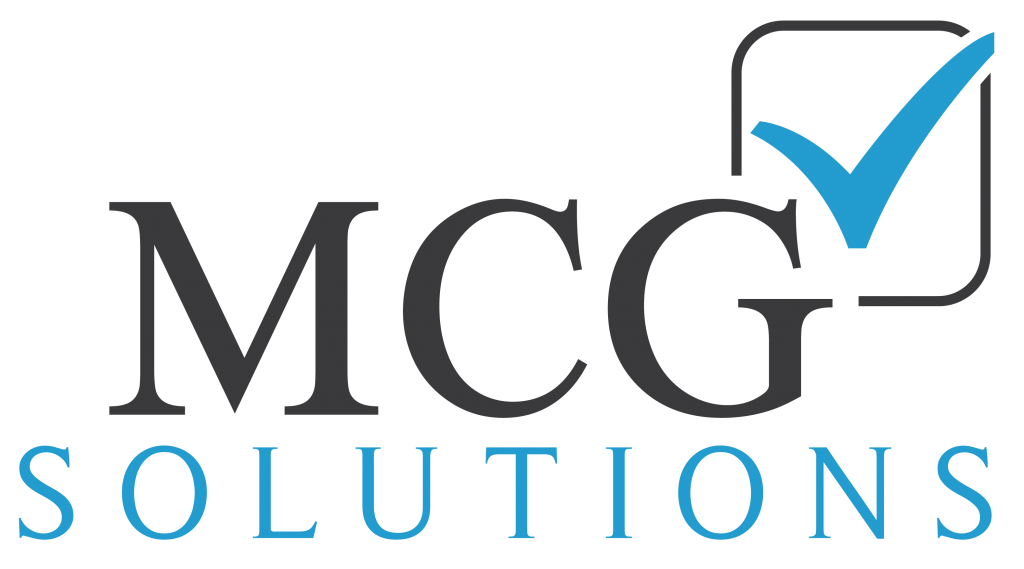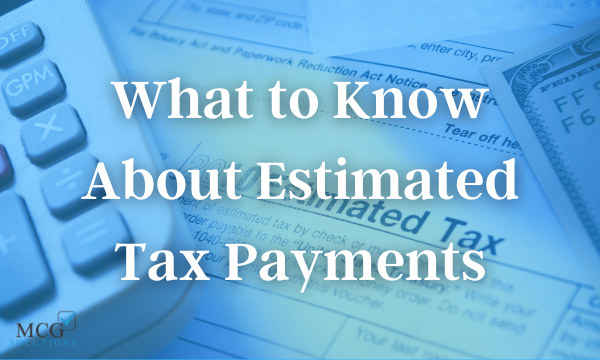Running a small business comes with myriad responsibilities. One requirement that often catches entrepreneurs off guard is managing estimated tax payments. Unlike traditional employees who have taxes withheld from their paychecks, business owners are typically required to make quarterly estimated tax payments to the IRS.
If you’re new to running your own business, working with a skilled bookkeeper and tax preparation service can help you stay on top of your tax obligations. Here’s what to know about estimated tax payments.
Estimated tax payments overview
Estimated tax payments are periodic payments that self-employed individuals, freelancers, and small business owners make to cover their tax liabilities throughout the year. These payments are essentially a way for taxpayers to avoid facing a significant tax bill when they file their annual tax return.
So, who needs to make estimated tax payments? If you expect to owe $1,000 or more in taxes when you file your annual return, you are generally required to make estimated tax payments. This requirement applies to self-employed individuals, freelancers, sole proprietors, partners in partnerships, and S corporation shareholders.
Due dates and calculating payments
Estimated tax payments are typically due quarterly: April 15, June 15, September 15, and January 15 of the following year. Be sure to mark these dates on your calendar and plan ahead to avoid late penalties. You may wish to check the IRS website to confirm the dates.
Calculating your estimated tax payments requires estimating your annual income and deductions. Next, use Form 1040-ES or tax software to calculate the amount of tax you owe. Finally, divide the total estimated tax for the year by four to determine your quarterly payment.
Tips for small business owners
Here are some tips to help you keep track of your estimated tax payments:
- Keep accurate records: Maintain detailed and organized records of your income and expenses throughout the year. This will make it easier to calculate your estimated tax payments accurately.
- Consider changes in income: If your income fluctuates throughout the year, adjust your estimated tax payments accordingly. Failing to do so may result in underpayment penalties. If you have questions, be sure to reach out to MCG Solutions for tax and bookkeeping assistance.
- Utilize tax deductions and credits: Take advantage of available tax deductions and credits to reduce your taxable income. Our tax professionals can help identify opportunities for your specific business.
- Penalties for underpayment: Be aware that there are potential penalties for underpaying your estimated taxes. The IRS imposes penalties and interest on underpayments, so it’s crucial to stay on top of the estimated payment schedule.
Navigating your estimated tax payments is a key aspect of financial management for small business owners. By understanding the requirements, calculating payments accurately, and staying organized, entrepreneurs can avoid unnecessary penalties and ensure a smoother tax season.
Want to outsource your tax preparation? Reach out to MCG Solutions today for personalized tax and bookkeeping guidance for your small business.

